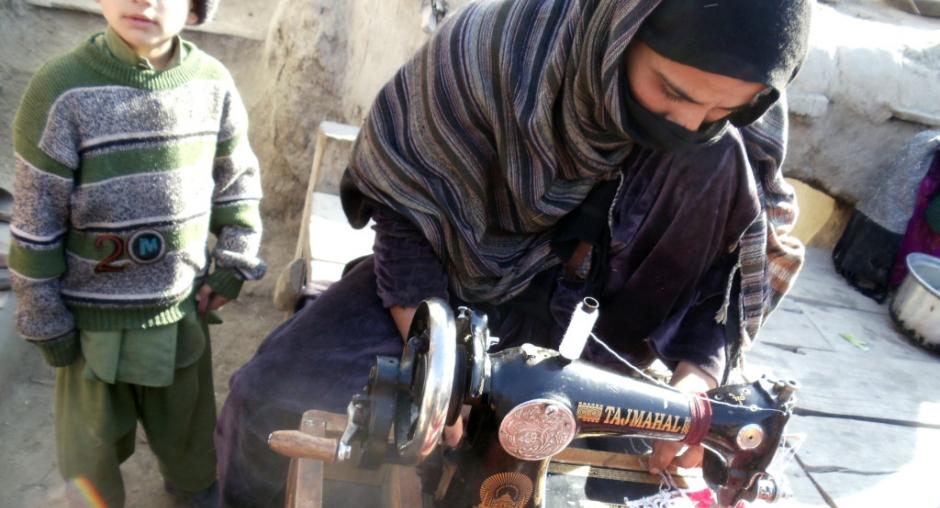OSCE helps develop business skills of female entrepreneurs in Afghanistan, Tajikistan and Azerbaijan

ISTANBUL, 28 September 2012 – An OSCE-supported training course for women entrepreneurs from Afghanistan, Tajikistan and Azerbaijan concluded in Istanbul today.
The five-day seminar consisted of three days of training and two study visits to successful jewelry and textile factories in Turkey. Fifteen women from Afghanistan, five from Tajikistan and five from Azerbaijan managing small handicraft, jewelry and textile businesses took part in the course, which aimed at strengthening their business management and product development skills, widening their professional network and broadening the markets for their products.
The course was organized by the Office of the OSCE Co-ordinator of Economic and Environmental activities together with the UN Development Programme in Afghanistan, the Turkish SME development organization KOSGEB and the World Fair Trade Organization (WFTO).
“The growth of small and medium-sized enterprises is a fundamental component of economic development in a market economy. Economic empowerment of women can significantly contribute to the alleviation of poverty, advance democratic development and in the long run ensure more security and peace in the OSCE region,” said Amaya Sotes Linares Rivas, Economic Affairs Adviser at the OSCE Secretariat.
Sharmistha Dasbarwa, Project Co-ordinator of UNDP Afghanistan, said: “We are here to help these female entrepreneurs develop their business thinking, share experiences and learn from each other and their counterparts in Turkey.”
“Women play a fundamental role in regenerating societies and in economic development in countries like Afghanistan, Tajikistan and Azerbaijan, and this programme helps promote this,” said Scott Kilner, Consul General of the US, one of the countries which supported the project.
Through the involvement of WFTO as a project partner, the course participants had the opportunity to explore fair trade business opportunities in the global markets. “Tapping into the world fair trade network can contribute to the growth of their businesses, which in the long run can have a positive economic and social spill-over effect in their countries and regions, as we have already witnessed in other parts of the world such as Latin America and Africa,” said Mike Muchilwa, an expert from the WFTO.
